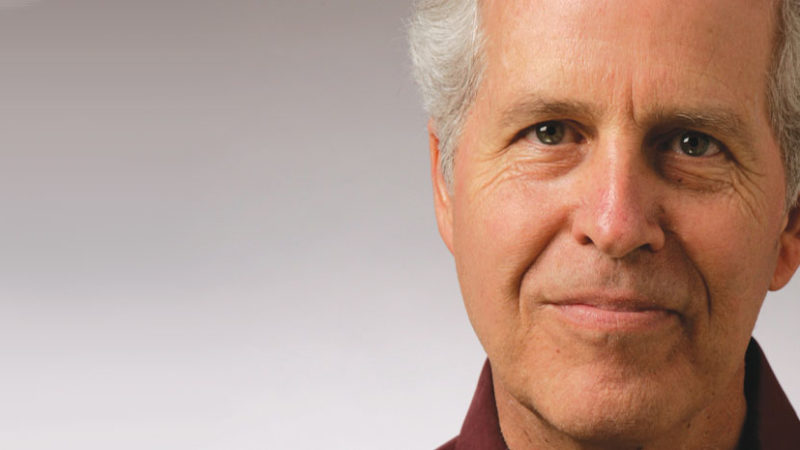
Why do you get up every morning? What motivates you to get out of bed every day? In Japan there is a term to describe our reason for living or being: ikigai.
We all have an ikigai, even if we don’t know it.
In fact, the search for an ikigai is what will bring large doses of satisfaction and self-fulfillment because when you connect with your ikigai, your life will acquire a meaning. Often we live a life that is full of appearances, possessions that appear to speak for who we are, jobs that provide much prestige but that we don’t enjoy, inherited stereotypes, scraps of other lives, and only superficial meaning. But that life full of appearances has a tendency to crumble and fall apart, and, when it does, it’s usually in the form of a crisis. For some people, the crisis that tends to happen in adult life is an opportunity to ask ourselves what our ikigai is and what the meaning of our life is. However, when you are suffering, it’s not the best time to find a meaning for your life, because from a place of lacking, everything is harder.
Look for Your Ikigai
We have already established that at the very least you already have one ikigai, a reason to pick up your pieces. But I encourage you to think about what other ikigais you can find. Analyze the meaning of your life up until now and evaluate whether you need to redefine it.
Sometimes, because we have good intentions, we mistakenly believe that our lives consist only of our children, partners, work, parents, or a long list of other things, but in reality, you must never allow all your life’s responsibilities to revolve around a single meaning or a single motivation.
I have many ikigais that I carry with me every day! I get up for myself and for everything I enjoy doing. I get up for my wife and for my daughter, for my clients; to go for a stroll, to go for a bike ride, or to get lost skiing in the mountains; to use my talent to remove psychology from the confines of the lecture theater, to learn and teach, travel, smile, and enjoy a kiss and a hug. Each morning I get up for the bear hug I will give my daughter, to feel the sun on my skin, to get drenched in the rain, and to curl up with a good book. I could fill pages and pages with my ikigais, though that wouldn’t make as interesting a book, now would it?
An Exercise in Ikigai
To begin this exercise, ask yourself about the meaning behind what you are doing, where you are living, your work, your partner, your lifestyle, and your vacations. I encourage you to go over each and every one of the aspects of your life and to ask yourself whether they contribute to your happiness.
Start questioning the meaning of what you are about to do in each moment of your day. Even the mundane things! It may sound silly, but there is ikigai there!
What meaning is there in… Drinking a cup of coffee? Attending a specific conference? Helping a neighbor? In getting angry? In walking your dog? In writing a book?
Moving forward, continue to ask yourself about the meaning of what you are about to do in any moment, and there you will start to discover your own ikigais.
Learn more about the powerful practice of healing trauma and finding purpose in Kintsugi: The Japanese Art of Embracing the Imperfect and Loving Your Flaws by Tomás Navarro.

Tomás Navarro is a psychologist who loves people and what they feel, think, and do. He is the founder of a consultancy practice and center for emotional well-being. He currently splits his time between technical writing, training, consultancy, conferences and advisory processes, and personal and professional coaching. He lives in Gerona and Barcelona, Spain.
Read Kintsugi today!












 Dr. Samantha Brody, author of
Dr. Samantha Brody, author of 
 Mark Bertin is a pediatrician, author, professor, and mindfulness teacher specializing in neurodevelopmental behavioral pediatrics. He is the author of
Mark Bertin is a pediatrician, author, professor, and mindfulness teacher specializing in neurodevelopmental behavioral pediatrics. He is the author of 
